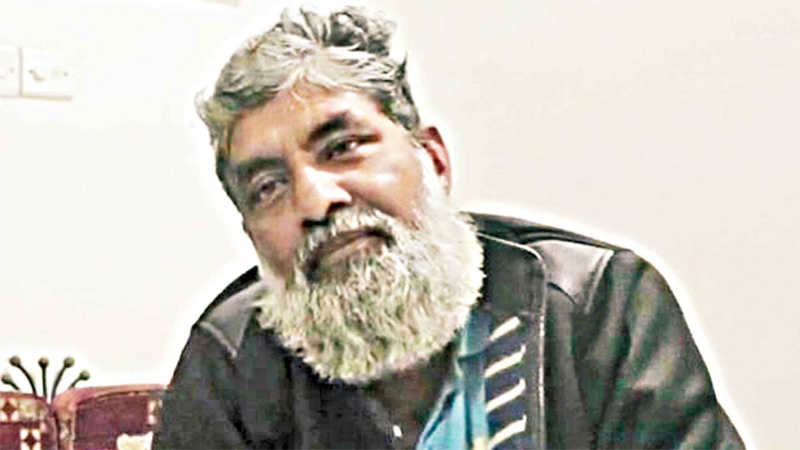Dhaka, Dec 10: “I was treated like an animal in a zoo. I was permanently blindfolded — the only time they removed my handcuffs from behind my back was to eat,” said Bangladeshi journalist Shafiqul Islam Kajol, adding he was held in an underground cell for 53 days where he was tortured.
“Sometimes they would beat me before they took me for an interrogation. I can’t put into words how painful it was,” BBC quoted me as saying.
“They’d asked me about the stories I had written. I had to face a lot of torture. I still struggle to speak about it.”
The BBC is unable to independently verify Kajol’s account; this is the first time he is sharing his story in such detail.
“There are no human rights in this country,” the 54-year-old says, speaking to us from a secret location. “I live in continuous fear.”
Kajol chose to talk to us in the same week security forces clashed with members of the opposition Bangladesh National Party (BNP) in Dhaka, ahead of mass anti-government protests planned for Human Rights Day in Bangladesh, the BBC reported.
The BNP is calling for people to take to the streets to demonstrate against the government led by Prime Minister Sheikh Hasina and her Awami League party. Among their main concerns are calls for free and fair elections, worries over the rising cost of living, and reports of human rights abuses.
In the run-up, opposition officials have also been detained by police, in what critics say is a direct attempt to crush any form of dissent.
Bangladesh’s government denies it is cracking down on freedom of expression, the report said.
When Kajol went missing in March 2020, the United Nations was among the organisations which voiced concerns. In a statement it said “the targeting of investigative journalists like Shafiqul Islam Kajol raises serious questions about Bangladesh’s commitment to a free and independent media”.
The day before he disappeared Kajol had published an article detailing allegations of a sex-trafficking ring involving politicians. Soon after, his lawyer said a member of the ruling Awami League party filed a case against him and others over the story.
The next day, after dropping his son home from school, as he left his office on his motorbike he says he was followed by a group of eight to 10 men on their bikes. Kajol says he was shoved into a minivan and taken to the underground cell.
During his interrogations, Kajol says he was tied to a chair. “They asked me why I wrote about the scandal. It went on for five to six hours at a time. It was a horrible experience.”
In a statement, Bangladesh’s home minister told the BBC that Kajol had been arrested for editing photos of some girls and publishing them on social media as a form of harassment. (UNI)


